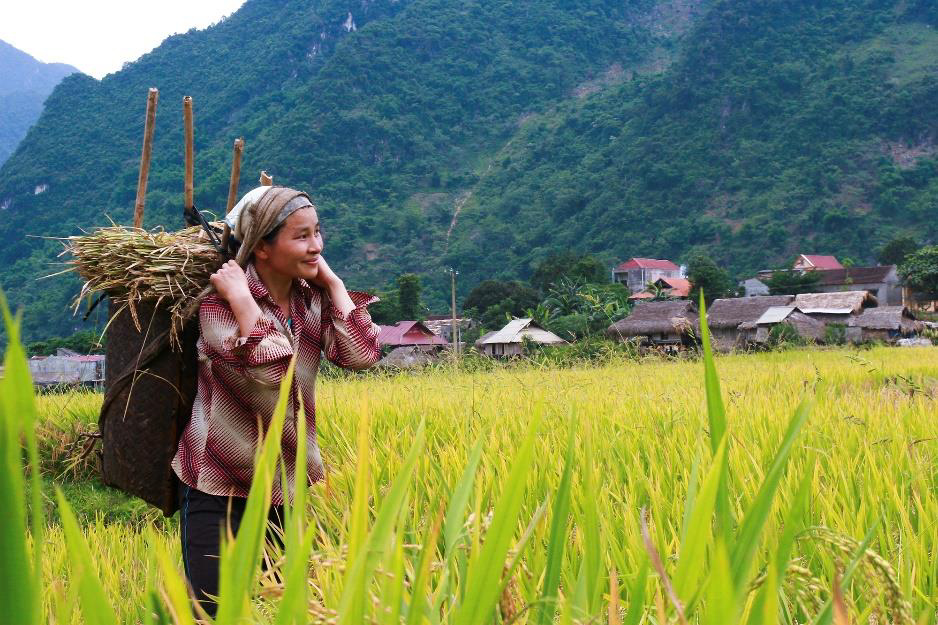This session focussed on the transition towards more sustainable food systems in light of the upcoming UN Food Systems Summit. Four presenters shared their work, mostly from sub-Saharan Africa, and their recommendations towards more fair and sustainable production of food, as well as recommendation to change the way we think about food.
Key Takeaways
- Any intervention that aims to increase food production or address food security should be rooted in the community.
- Current framing of Africa and farmers has helped to legitimate global hierarchies and Western, expert-led interventions.
- Policies and interventions that address women should be based on locality-specific knowledge, that includes nuances such as the interactions between women and men in that locality as well as women’s interactions with each other.
- ‘Bold actions’ as announced by the food systems summit raise questions. Should we not intervene less and ensure more anti-colonial action that allows for farmers to lead the development process?
Mapping Farmer-led irrigation development (FLID) in Africa, examining FLID through a Remote Sensing Lens and how this influences interpretation and engagement
Wouter Beekman, Wageningen University and Resilience BV
- Technology-driven interventions and policy interventionsoften undermine farmer-led innovations in the global South – disregarding farmer-led initiatives. Remote sensing is often used to map irrigation, but is also often contested. This raises more fundamental questions: what is a good development trajectory?
“We should focus on what kind of systems farmers like to develop.”
- Wouter Beekman (Wageningen University / Resilience)
Landing a better deal? Women negotiating access to land and water for farming in the context of a Dutch-supported gender-inclusive water-productivity project in Mozambique
Isabella Schultz – Utrecht University
- Old discourse and framing of women as farmers (being vulnerable and marginalised) still shape many developmental projects today. Women are not a heterogenous group and interventions should better fit local contexts.
“We should better understand the nuances of gender.”
– Bella Schultz, arguing for a more explicit recognition of women’s strategies to access land and other natural resources.
Decolonising communication in food security interventions in Sub-Saharan Africa? Towards sustainable and fair policies and interventions
Janwillem Liebrand, Utrecht University
We should decolonise framing of farmers as ‘primitive’ and ‘marginalised’, as is often done in policy-research debates as a remnant of colonialism.
“Instead of problematizing farmer-led innovation, we should start to problematise expert-led innovation and build on existing innovation of farmers”
– Janwillem Liebrand.
Inclusive Agribusiness and local food security findings from the Follow the Food project
Guus van Westen, LANDac / Utrecht University
- Interventions aimed at inclusive business models tend to favour the better-off farmers and are not inclusive of the poor and smaller farmers. Furthermore, they often clash with local realities.
“Business-led development strategies are not supported by our findings”
– Guus van Westen.


